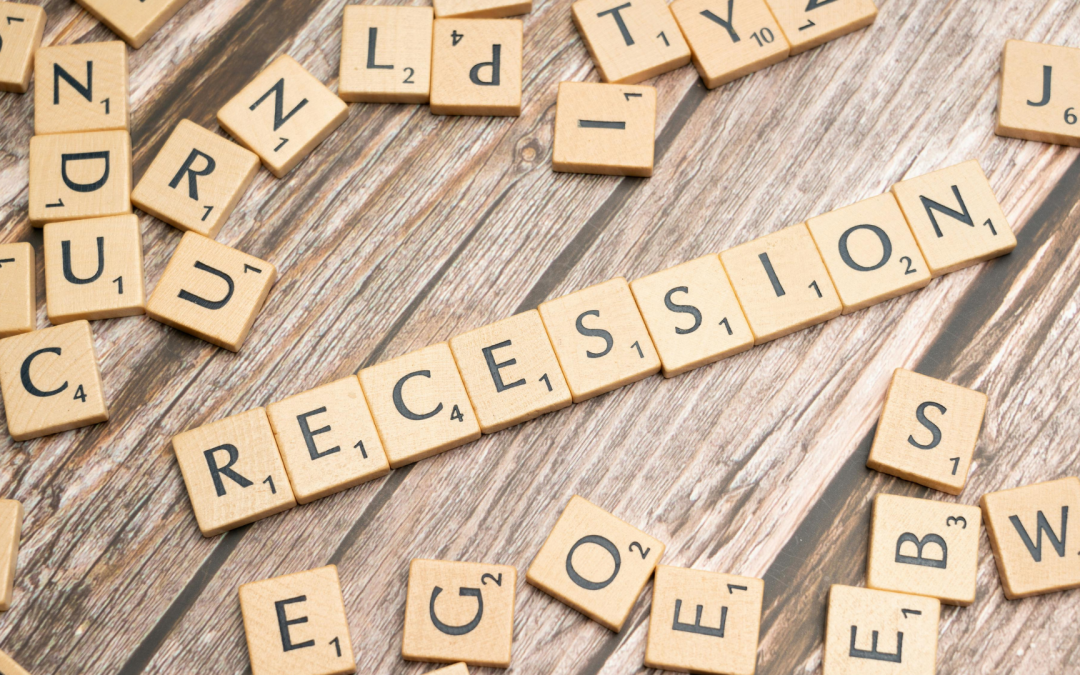Why Today’s Market Is Different Than 2008
If you’ve been watching the news lately, chances are you’ve heard the word recession tossed around more than once. And if you’re thinking of buying or selling a home, that can be unsettling. After all, it’s easy to associate economic downturns with housing trouble—especially if you lived through the 2008 crash.
But here’s the good news: history shows us that not every recession leads to a housing crisis.
Let’s Look at the Data
Going all the way back to the 1980s, the U.S. has experienced multiple recessions—and in most of those cases, home prices actually held steady or even went up. The big exception, of course, was 2008. That was a perfect storm caused by risky lending practices, loose regulations, and a flood of foreclosures. It was painful, but it wasn’t typical.
What we’re seeing today doesn’t resemble that situation at all. Lending standards are much tighter, homeowners have far more equity, and inventory remains relatively low in many markets. All of these are stabilizing factors.
What About Mortgage Rates?
Another common question: What happens to mortgage rates during a recession?
Historically, mortgage rates tend to go down during recessions. That’s because the Federal Reserve typically lowers interest rates to stimulate the economy. So while we’re unlikely to see rates return to the ultra-low 3% levels we saw in 2020 and 2021, there’s still a good chance we’ll see some softening in rates if a recession hits.
That can create opportunity for buyers who’ve been waiting on the sidelines.
Bottom Line: Don’t Panic—Plan
While no one can say for sure whether a recession is coming, the key takeaway is this: a recession does not automatically mean a repeat of the 2008 housing crash.
If you’re planning to buy or sell a home, the best move is to stay informed and talk to a real estate professional who understands the current market. Because in real estate, knowledge truly is power—and fear doesn’t need to make the decisions for you.






